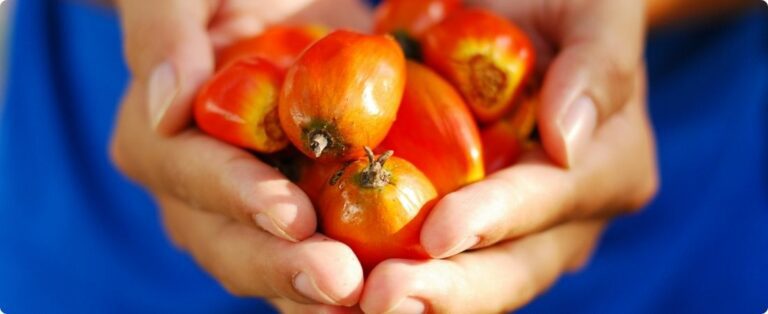When we talk about Sunflower oil, the main influences on the fluctuation of world prices are the Black Sea harvest, since Ukraine and Russia are the largest sunflower producers in the world, the palm harvest, which is the most produced commodity in the world and affects the pricing of special oils, and fuel prices.
Considering these indicators, we saw a strong sunflower crop appear in the last quarter of 2019, and with that, more aggressive prices, together with the big drop in oil that intensified the decline of palm oil, and as a consequence, a drop in the prices of special oils. . In this scenario, China and Europe make long-term purchases, taking an important share of the recently started harvest.
With the arrival of COVID-19, the main ports, fearing the spread of the disease, make the movement of containers difficult. At this moment, we are finding it very difficult to obtain space on ships, due to strict supervision. This generates stronger price fluctuations, delaying the rapid response that the commodities market requires.
Argentina is the largest supplier of sunflowers in Latin America, and supplies many markets on other continents that purchase large quantities, such as North Africa and Malaysia. In March, Latin America was affected by the pandemic and as a result, governments threatened to block ports in Argentina, shortly after Chile and Paraguay had blocked them. This scenario gives a unique opportunity to Russia and Ukraine, which receive large demands from buyers in the Argentine market, to make new long-term plans during the two weeks that Argentina remained uncertain. This boosted the local Argentine market, but left them out of large international sunflower operations.
There are still no solutions to the logistical impacts caused by the pandemic, Russia is being the hardest hit country, as the government is not allowing the entry of products from countries affected by COVID-19. That is, they do not have sufficient circulation of incoming containers in the country to be able to export their products, resulting in the delay of all operations already closed. This scenario meant that sunflower oil did not suffer as much price volatility as we see today in the soybean and palm markets.
In May, we noticed the market was quite fearful at the beginning of the month, and with little movement. Ukraine with little volume of this harvest to be sold and Russia with unavailability of freight. Prices are expected to remain high, with difficulty in meeting volume. Perhaps Argentina can take the opportunity taken away by their teammates earlier. It is expected that in the coming weeks Latin America will reach the peak of Covid-19, causing plants and businesses to remain closed, and we will continue to move slowly.
Per Laura Pereira by Aboissa
READ TOO
{module Form RD}










